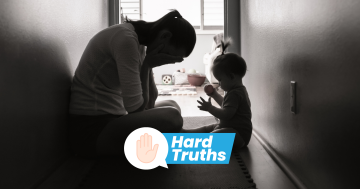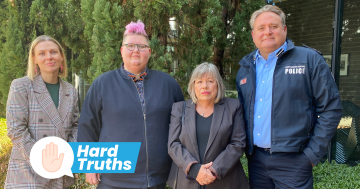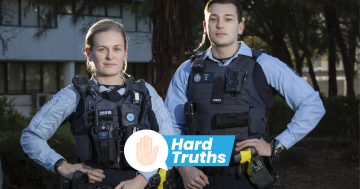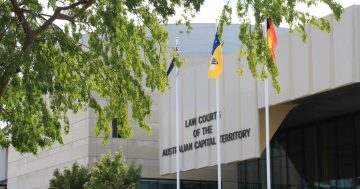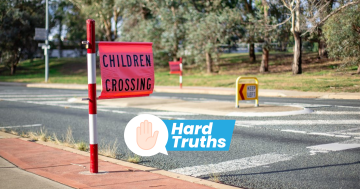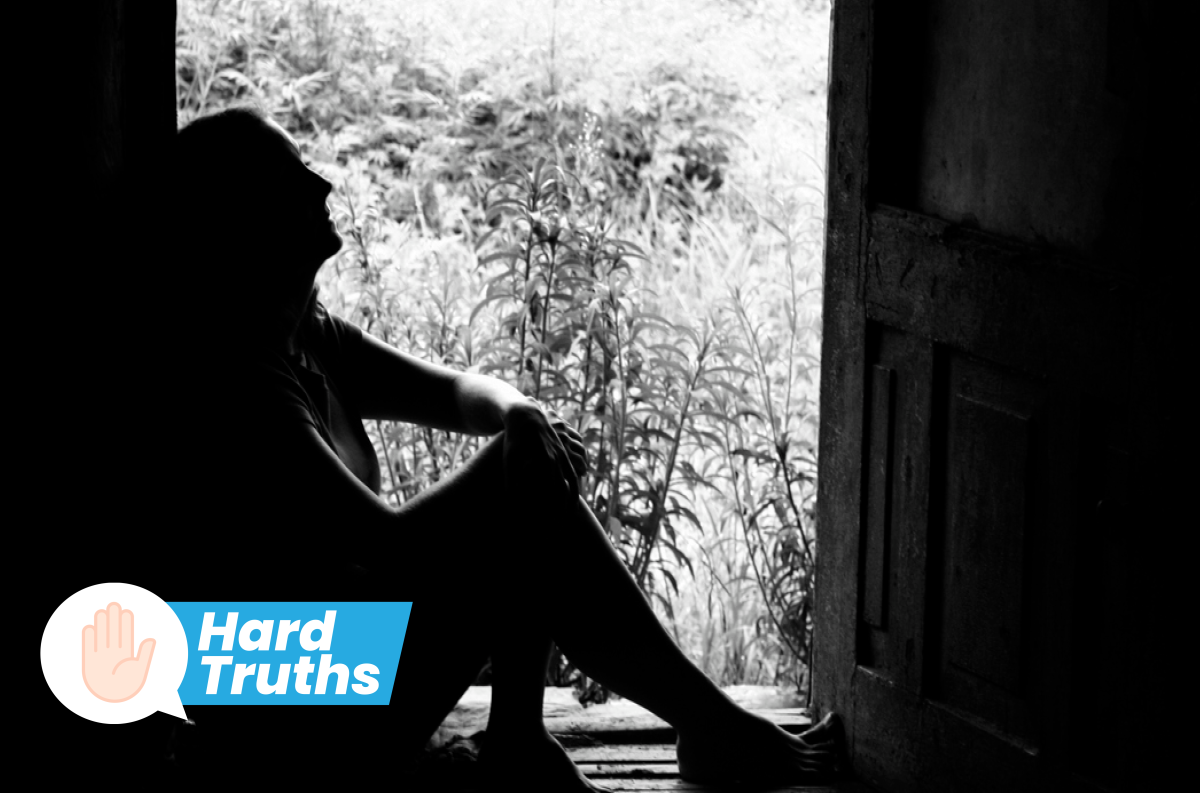
This week, Region launches a series on the complex realities and hard truths of family and domestic violence in Canberra and across our region.
The Hard Truths series will look at the complexity of domestic and family violence in Canberra and its ripple effects on the lives of all those it touches: children whose education and emotional wellbeing are affected; victims who may lose their homes, their cultural connections and their sense of personal safety; charities that deal with the fallout from the sheer volume of need in this space; and police and other law enforcement personnel who confront this daily.
We want Hard Truths to represent a full picture of how domestic and family violence affects the whole Canberra community. No longer a hushed secret or a source of shame, this is a crisis that affects all kinds of people at every socio-economic level.
The size and scale of the problem also represent a significant impact on our resources as a community. Taxpayer dollars are being spent on a preventable problem that is profoundly harming many people.
Journalist Claire Fenwicke, whose regular round is the Legislative Assembly, also works closely with courts and police and brought us this concept.
She’s developed the series in collaboration with ACT Police and we’ve broadened it to include many of the charity organisations, not-for-profits and business partners with whom Region works regularly.
The statistics are staggering for a city of 450,000.
During the past month, Canberra’s Domestic Violence Crisis Service has dealt with 1120 people, most of them victim survivors. ACT Police have had 353 callouts in the 30 days ending last Friday, 23 June. They made 75 arrests during that period, an average of 10 callouts a day, resulting in almost two daily arrests for domestic and family violence-related matters.
This is stark stuff.
But the point of this content campaign is not to paint Canberra as an outlier or to say that our problems are unusual. Unfortunately, it’s the reverse – the ACT is just like everywhere else. This is a national problem.
And it’s more than physical: in recent times there’s been a realisation that control can also be exerted through psychological and financial manipulation and may include sexual assaults.
We know this is difficult content. It may distress some readers and make others very angry, for multiple reasons. If you are a victim, survivor, family member, friend or perhaps even a perpetrator, we urge you to think deeply and use the content here to seek help or support others.
We know we’ll also receive plenty of correspondence from people who think an examination of family violence is virtue signalling.
That’s not how ACT Police feel about it. Or Vinnies, the YWCA, Karinya House, DVCS, Menslink or any of the many other Canberra charities and not-for-profits that provide shelter, crisis support, emergency clothing and food, counselling, and ongoing help for victims.
In this series, we’ll cover the pressures on police and courts, managing repeat offenders, trauma-informed responses to victim survivors and in particular, children, gaps in our services, the long-term consequences of domestic and family violence, and specialised help for vulnerable or marginalised people.
If you need support right now, the Domestic Violence Crisis Service line is open at all times. All contact details can be found here.












